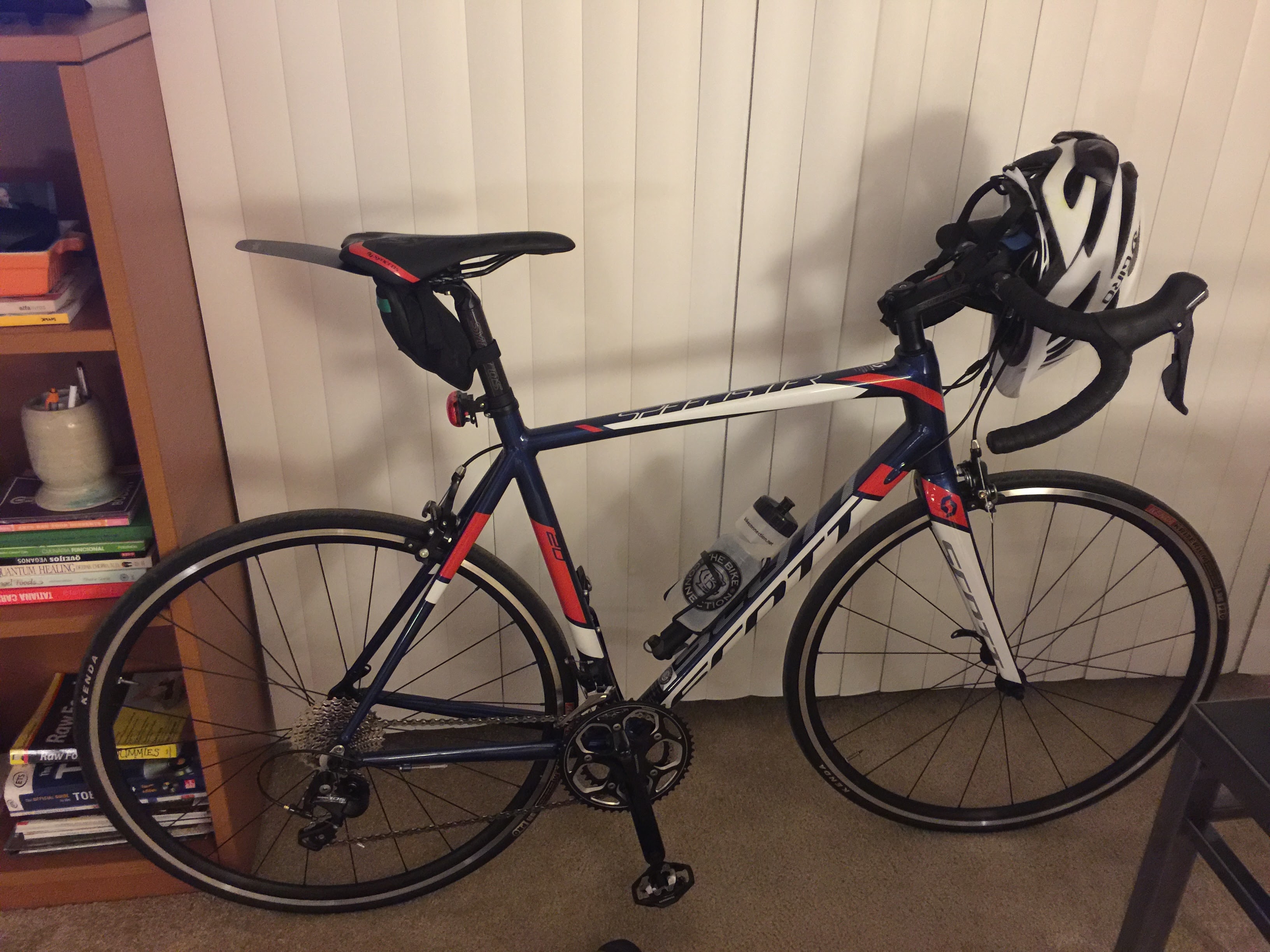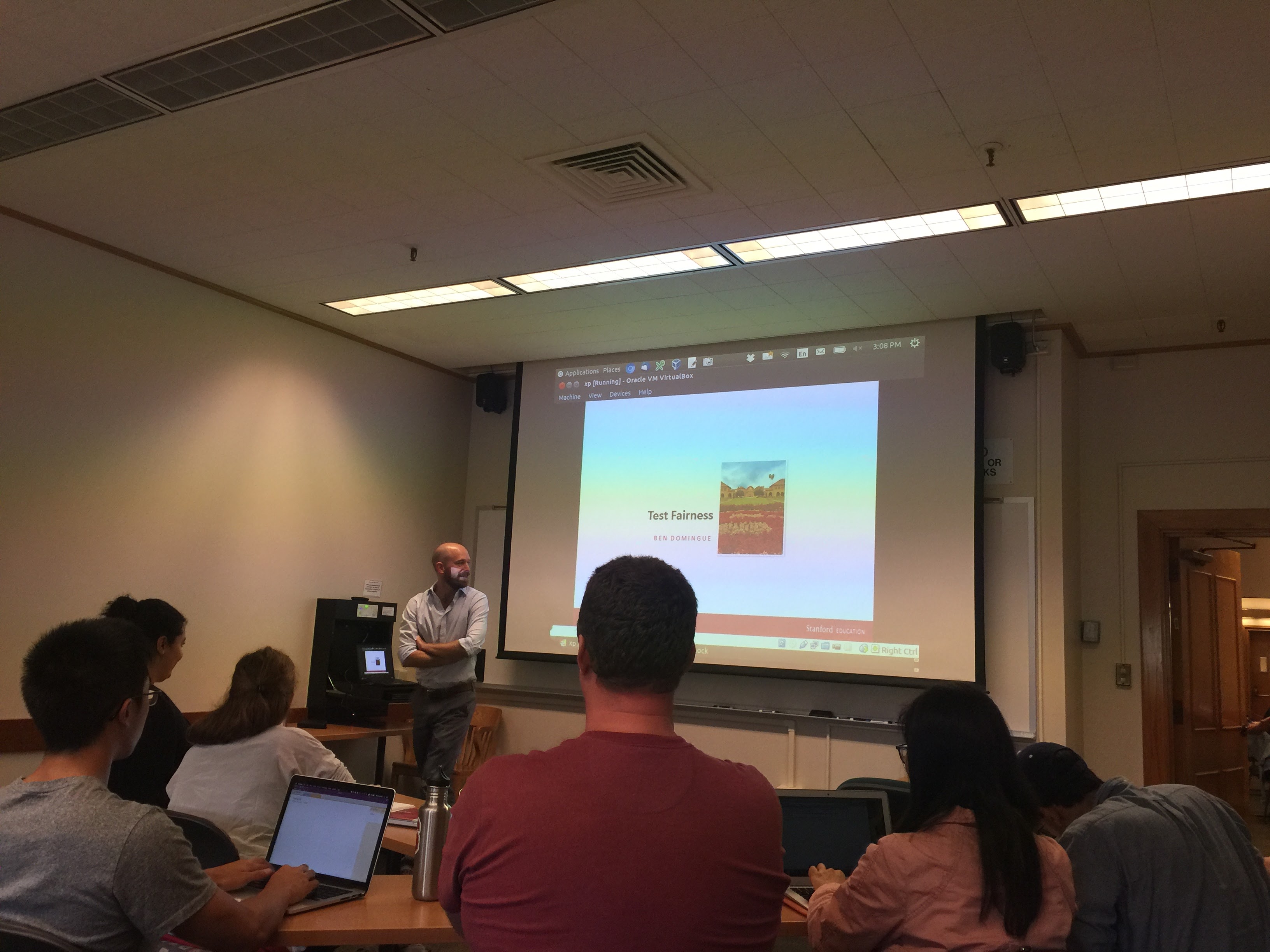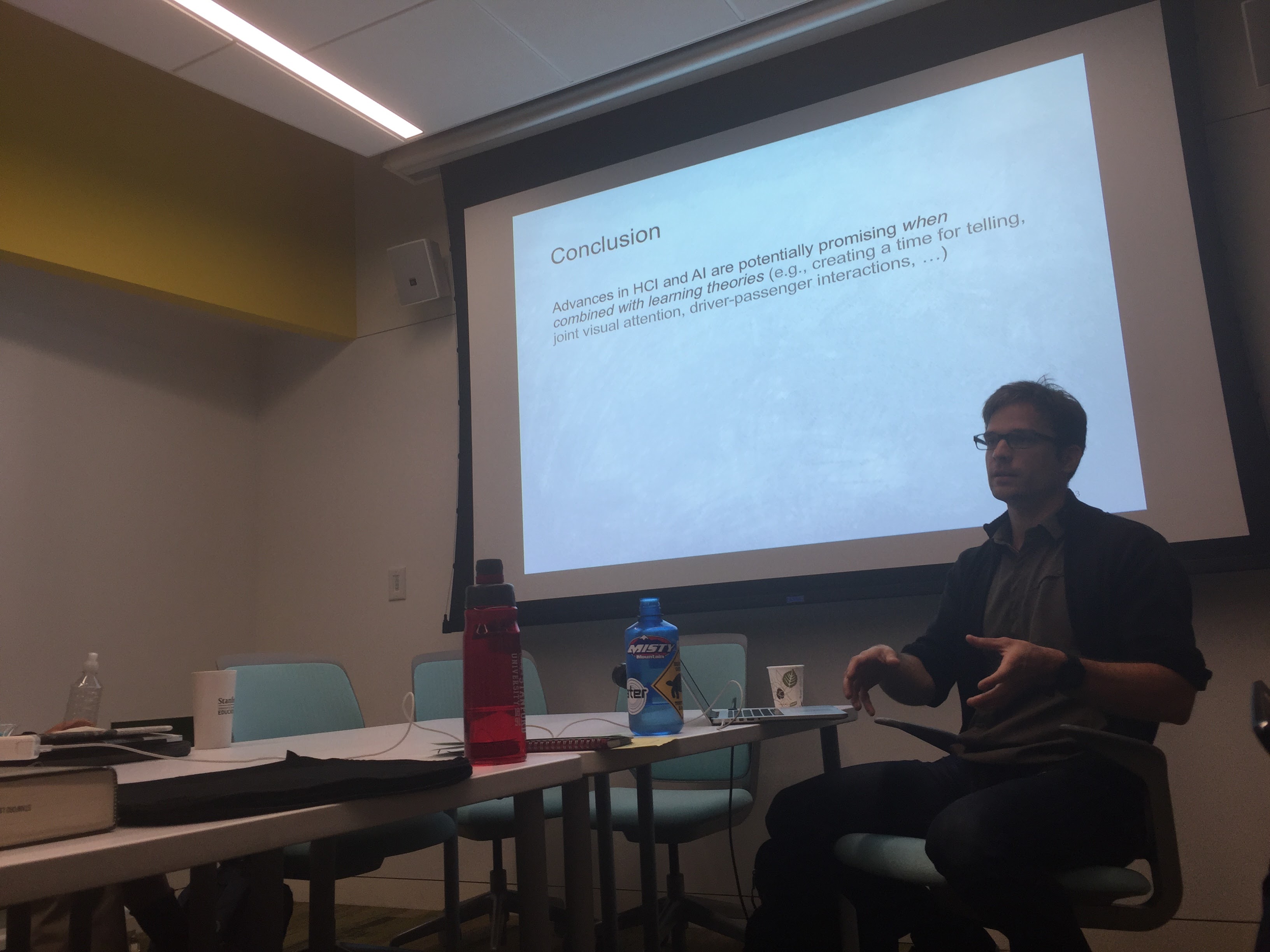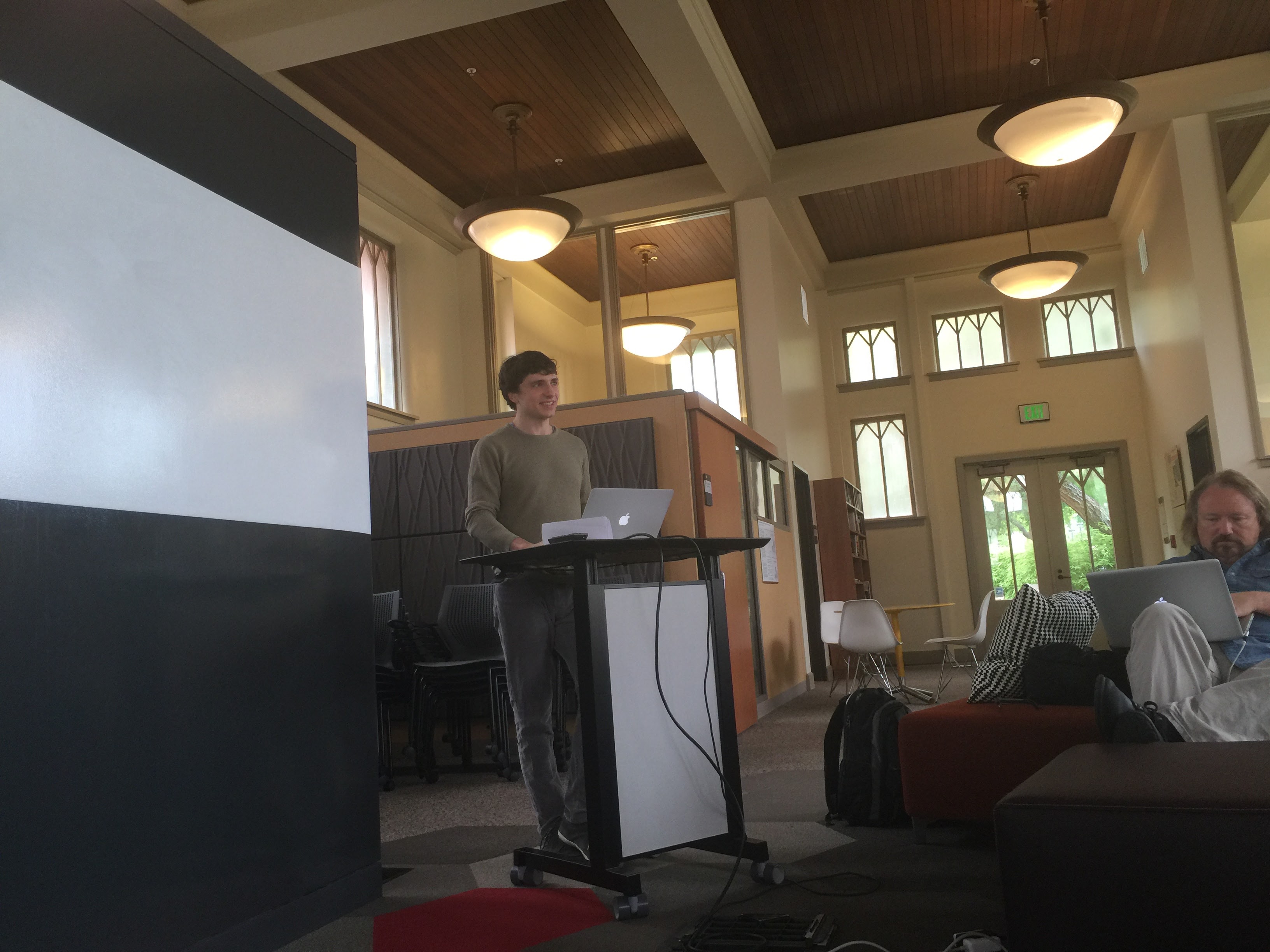Finally catching up with the homework and blog posts… here are the assignments for the last 2 weeks:
EdTech Game Critique Assignment
Empirical cognitive task analysis
Learning Outcomes
Assessment
Readings
Jan L. Plass, Bruce D. Homer & Charles K. Kinzer (2015) Foundations of Game-Based Learning, Educational Psychologist, 50:4, 258-283
Response:
I highly appreciated the reading in the sense that it does not claim to have found a holistic and generalizable theory or framework for game-based learning. It comprehensively analyzes the several aspects or considerations one takes (or should take) into account when designing a game-based learning experience, and concludes that no single approach is the most effective or essential. It also states that when designing, one can use several learning theories and several game design aspects to enhance the experience.
“In this article we argued that the integrated viewpoints of cognitive, motivational, affective, and sociocultural perspectives are necessary for both game design and game research in order to fully capture what games have to offer for learning.” (Plass et al, 2015)
I particularly enjoyed the definition of gamification which reduces it to a gimmicky buzz-word. Like most buzz-words, it is over and incorrectly utilized – with the best intentions of course – but creating a false sense that any process or interaction can be magically transformed into a game and thus increase customer satisfaction, retention, or engagement.
“What exactly is meant by gamification varies widely, but one of its defining qualities is that it involves the use of game elements, such as incentive systems, to motivate players to engage in a task they otherwise would not find attractive.” (Plass et al, 2015)
“Consider as an example the gamification of math homework, which may involve giving learners points and stars for the completion of existing activities that they con- sider boring. Game-based learning of the same math topic, on the other hand, even though it may also include points and stars, would involve redesigning the homework activi- ties, using artificial conflict and rules of play, to make them more interesting and engaging.” (Plass et al, 2015)
Ambrose, Chapter 6 (“Why Do Student Development and Course Climate Matter for Student Learning?”)
Response:
This passage only reinforces the notion that being a classroom teacher is one of the most complex and demanding professions around. It really is an art to be able to balance delivering the content in a pedagogically sensible way and manage an entire classroom with very different individuals with particular needs and different interests, motivations, and previous knowledge. There is no silver bullet, but it does not mean we have to stop trying.





 Met with Alison to talk about helping
Met with Alison to talk about helping  We had the honor of being lecture by
We had the honor of being lecture by 










